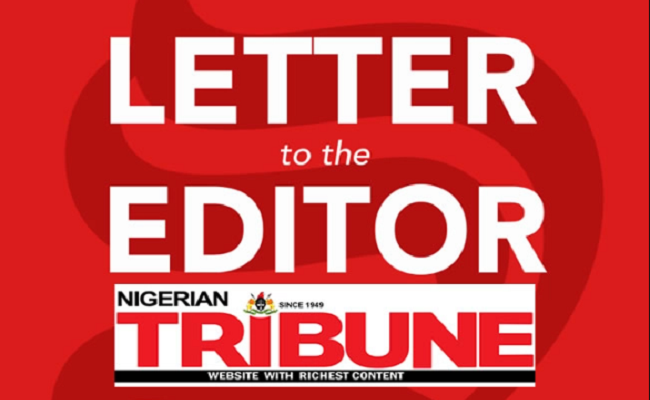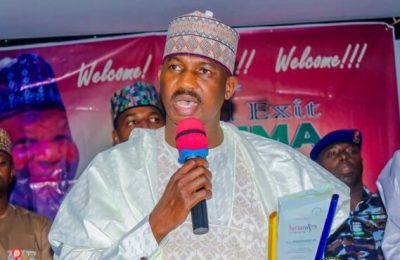
In Nigeria, blame game has become a pervasive and entrenched phenomenon in the country’s affairs especially among rival politicians or political groups.
This tactic is often used to deflect attention, shift responsibility, and gain political advantage.

Many people believe that the culture of political blame game plays a major role against Nigeria’s economic and political progress.
Over the years, successive governments, leaders and ruling parties at both federal and state levels have spent much of their time in blaming previous administrations for underdevelopment or the socio-economic or security problems they are unable or unwilling to address.
Sometimes they also accuse opposition elements of frustrating their efforts.
On the other hand, opposition politicians and their groups or parties rarely come forward genuinely to join hands with the government to find a solution to pressing public problems.
Competition for political power and control is a significant factor that leads to blame game and accusation trade.
Absence of effective accountability mechanisms also allows politicians to deflect responsibility. It is common for yesterday’s ‘devils’ to be perceived as ‘saints’ today and verse vasa.
Politicians across the divides to exploit the strong ethnic, religious or regional sentiments among Nigerians. This gives them a window to escape accountability and proper public and institutional scrutiny.
There must be serious consequences for those involved in corruption, mismanagement of public funds, spreading misinformation and hate speech as well as those undermining Nigeria’s security and economy. The justice system must work to expectation.
Nigerians are known to be hardworking, innovative and resilient. Therefore, having a good political leadership will spur the country’s development for the benefit of this and future generations.
Bashir Khalid Furyam, Bauchi, Bauchi State
READ ALSO: Abandoned newborn found in Kano







